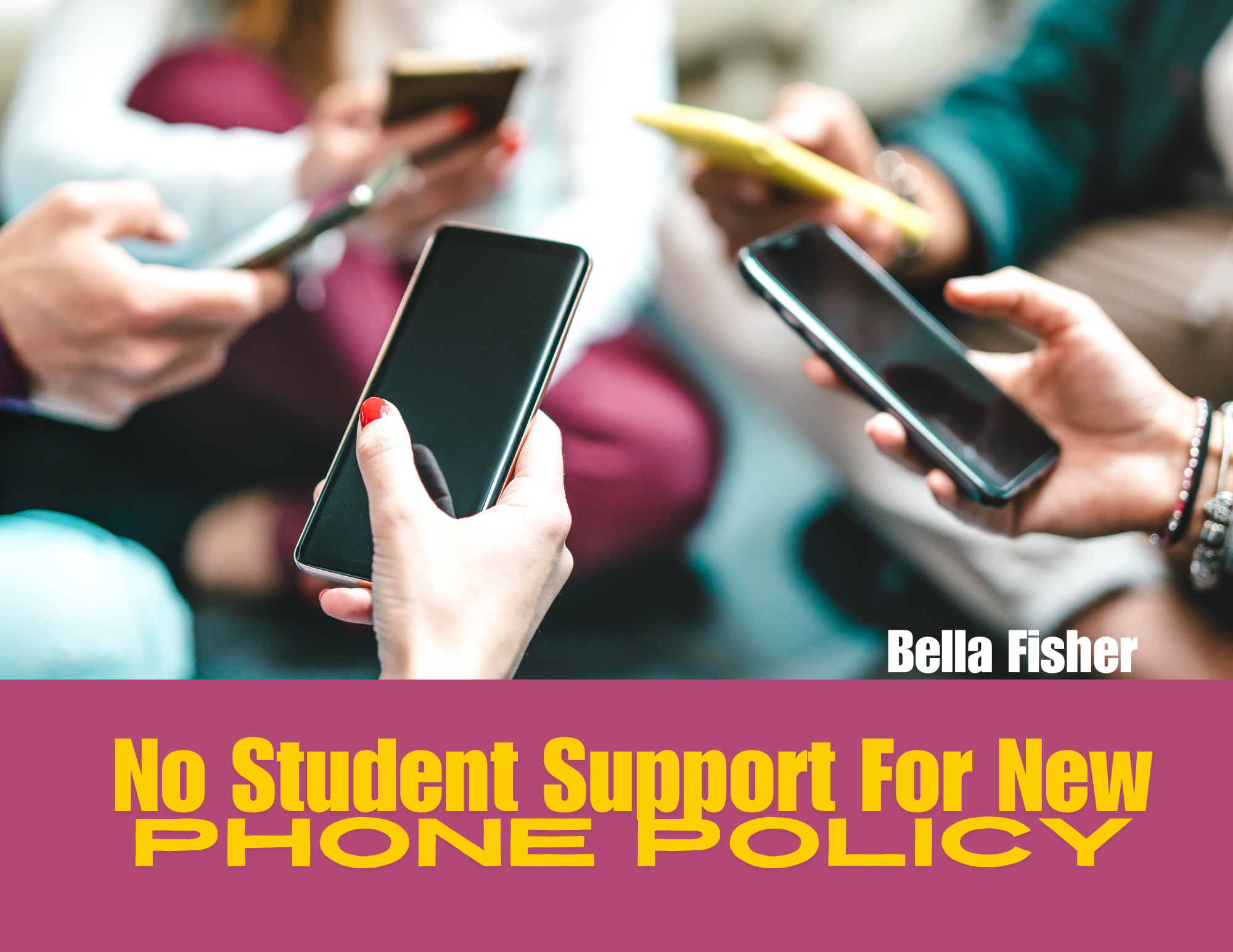In Harford County, a recent decision to ban the use of personal communication devices, including cell phones and smartwatches in schools next year, has sparked a contentious debate. While some argue that this policy could enhance student focus and academic performance, it’s crucial to consider the broader implications of such a restrictive measure.
Firstly, communication devices serve as a vital link between students and their families. In today’s world, where unexpected events and emergencies are a reality, having immediate access to a cell phone can provide both students and parents with much-needed peace of mind. Removing this line of communication could not only cause anxiety but also delay responses in critical situations.
Moreover, technology integration in education has proven benefits. Smart devices can be powerful tools for learning, offering access to educational apps, research resources, and collaborative tools that can enhance the educational experience. By leveraging technology responsibly, educators can prepare students for a digital future, rather than keeping them in a tech-free bubble.
Lastly, the opinions of students like Kalliana Wandemberg and Nasaire Pearce highlight a significant point: while they acknowledge that the absence of devices might increase focus on schoolwork, they also value their personal agency and connectivity. This sentiment is likely shared by many of their peers, emphasizing the need for policies that respect student voices and foster responsible use of technology, rather than outright bans.
In conclusion, while the intentions behind the policy change in Harford County are understandable, it is a step back in preparing students for a technologically integrated world. Instead of banning devices, we should focus on educating students about responsible use and harnessing technology to enhance learning, not hinder it.







